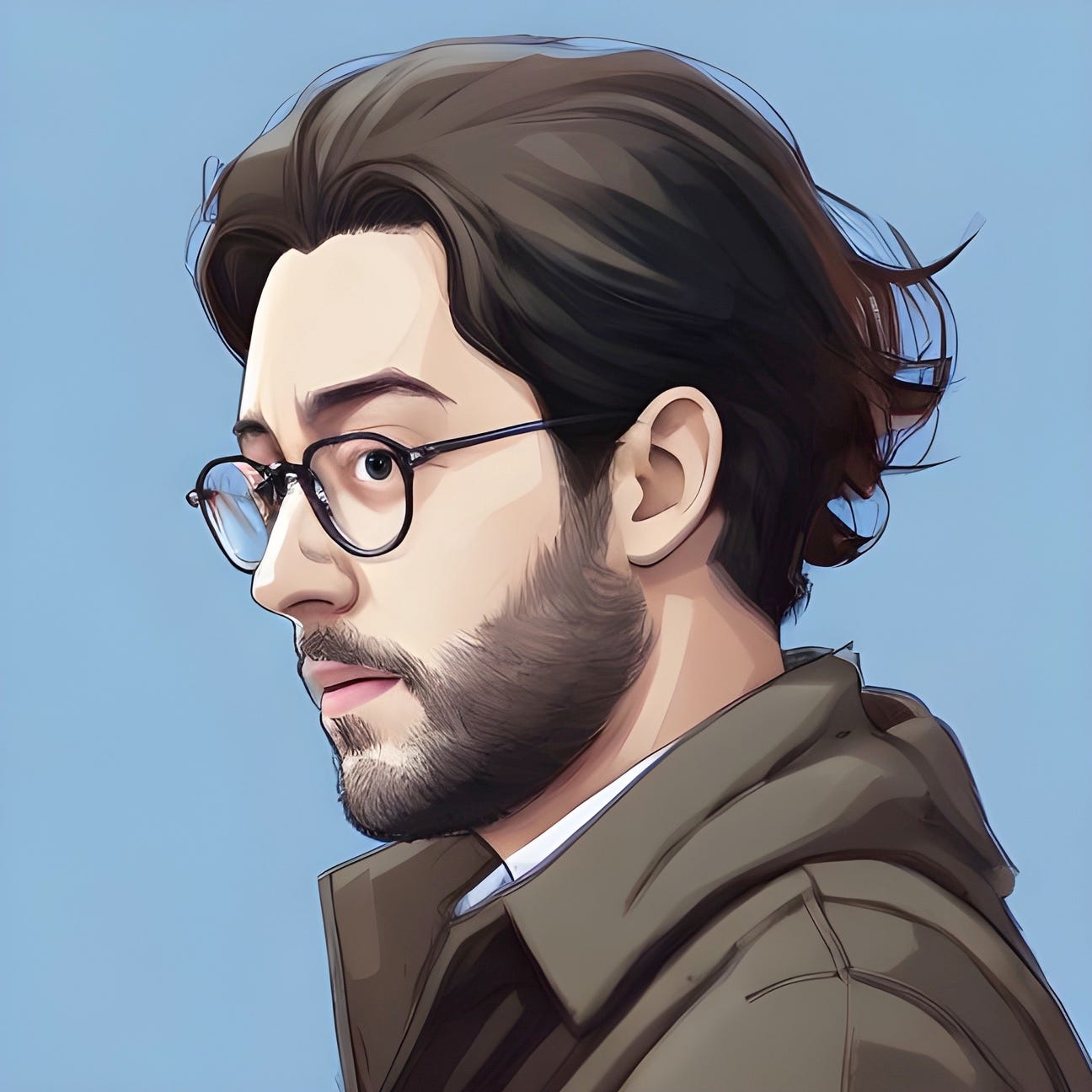Hanukkah has always been my favorite holiday, not only due to its main figure being my namesake, but it being about revealing things deep inside of us, its mystical implications, and the idea of light over darkness.
In the spirit of Hanukkah, the festival of lights and liberation, it is fitting to draw parallels between the historical struggle for freedom and autonomy and the contemporary concept of autistic unmasking. Hanukkah, celebrated by Jewish communities around the world, commemorates the triumph of light over darkness and the resilience of a people fighting for their identity. Similarly, the concept of autistic unmasking emphasizes the importance of being true to oneself, resisting societal expectations, and being mindful of and advocating for the rights and needs of autistic humans, starting with ourselves. I will quickly explore the historical and religious significance of Hanukkah, drawing connections to the modern-day pursuit of authenticity and acceptance for not only autistic Jews, but all autistic humans.
Hanukkah recounts the tale of the Maccabees, a group of Jewish rebels who fought against the oppressive rule of the Seleucid Empire in the 2nd century BCE. The Greeks, seeking to assimilate the Jewish people into their Hellenistic culture, imposed strict laws and desecrated the Holy Temple in Jerusalem. Jewish culture was suppressed and the Maccabees were a group who resisted the occupation and defacement of their homes. In the face of adversity, the Maccabees rose up, reclaiming their religious freedom and cultural identity. The miracle of Hanukkah is symbolized by the oil in the Temple's menorah lasting eight days when it was only expected to burn for one.
Autistic unmasking is a contemporary concept that focuses on shedding societal expectations and norms imposed on autistic humans. It’s about being mindful of our needs as autistic people and reclaiming our autonomy. Many autistic humans adopt a "mask" to conform to neurotypical behavior, always at the expense of their true selves. Unmasking involves embracing one's authentic identity, advocating for one's needs, and challenging societal expectations.
Hanukkah and autistic unmasking intersect in their core themes of resilience, identity, and the pursuit of freedom. The Maccabees' resistance against the assimilationist agenda of the Greeks mirrors the struggle of autistic humans against societal pressures to conform. Just as the Maccabees fought for their right to practice their faith and lifestyle freely, autistic humans are advocating for not only acceptance and accommodation, but freedom to be ourselves and freedom from the paradigm which seeks to keep us down.
The lighting of the Menorah during Hanukkah holds a powerful metaphor for the autistic unmasking journey. Each candle represents a step towards self-discovery, embracing authenticity, and challenging societal expectations. The gradual illumination of the menorah symbolizes the unfolding process of unmasking, where autistic humans courageously reveal our true selves, which was always there.
In the Hanukkah story, the rededication of the desecrated Holy Temple is a pivotal moment of reclaiming of both religious, spiritual, and cultural identity. Autistic unmasking similarly involves reclaiming the self, rejecting NT societal expectations, and embracing our needs and authentic selves. By advocating for our rights and needs, autistic humans contribute to the rededication of a society that values and celebrates neurodiversity and autistic people in particular.
As we celebrate Hanukkah, let us draw inspiration from the Maccabees' resilience and commitment to cultural and spiritual identity. In the same spirit, let us support and amplify the voices of those advocating for autistic unmasking, fostering a society that embraces diversity and honors the authenticity of each autistic human. Hanukkah teaches us that the light of freedom and identity will always triumph over darkness, and in embracing autistic unmasking, we contribute to the ongoing journey toward a more inclusive and accepting world.
Matthew is an autistic advocate, educator, coach, guide, and mentor based in Paris who is on a lifelong journey to champion the rights and empowerment of autistic people via a uniquely Jewish lens.
Navigating the world as a disabled AuDHD (Autism-ADHD) person, he learned to appreciate his authentic self amidst societal pressures to conform both within and outside of the Jewish community. Matthew’s education in both academia and the yeshiva world enriched his love for Judaism, while his experiences living, learning, and teaching in diverse communities across the globe, both Jewish and non-Jewish, have enriched his spiritual connection and understanding of both Yiddishkeit and the greater world.
Crucially, Matthew's life's work centers on autism rights, disability rights, and the Neurodiversity movement, and he actively volunteers in these areas in addition to his professional work in and out of the Jewish community. As an experienced educator, life coach, mentor, and guide, he empowers autistic individuals with vitality, resilience, and the tools to navigate the challenges of Autistic Burnout.
With a spiritual dimension drawn from the rich traditions of Judaism and deep respect for other spiritual paths, Matthew integrates these facets into his coaching style. His work with the greater disability community and worldview is heavily influenced and inspired by the Jewish tradition, and in particular by the Kotzker Rebbe, Simcha Bunim of Peshischa, Abraham Joshua Herschel and Reb Zalman. He envisions a world where autistic people not only survive, but flourish, and works daily to achieve it.
Matthew proudly serves as both a member and organizer within self-advocacy organizations, specifically CLE Autistes and the Jewish Autism Network. Within the Jewish Autism Network, he takes on the role of host and moderator of a free discussion and support group, offering autistic individuals in the Jewish community a safe and supportive space to grow and connect.
You can read more about Matthew and his work at theautisticcoach.com or follow him on Twitter, Bluesky, Mastodon, Facebook, or Instagram.




